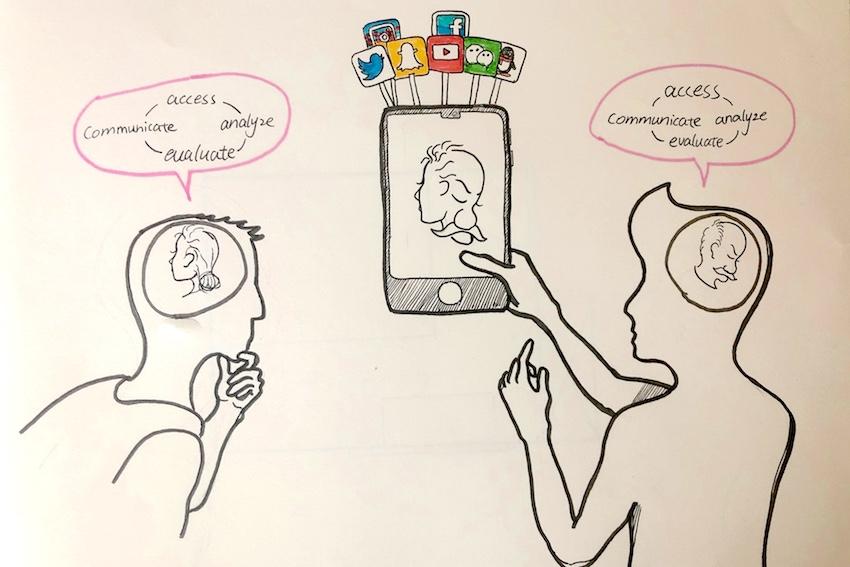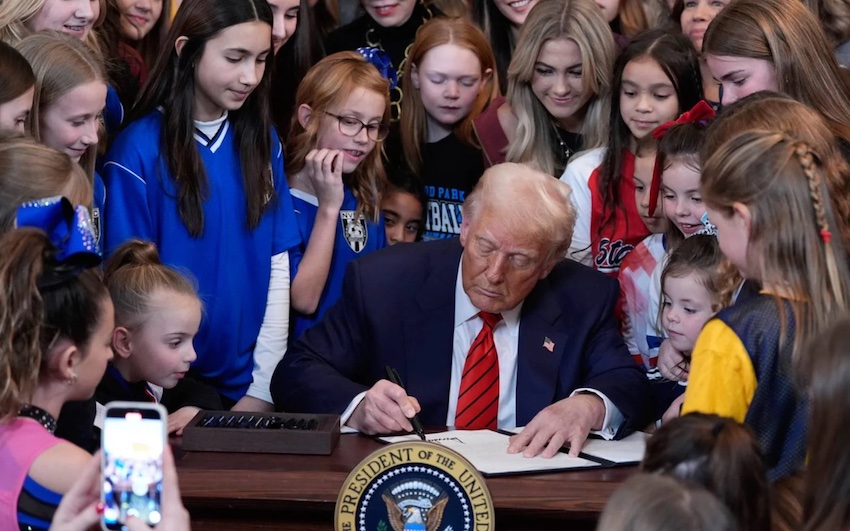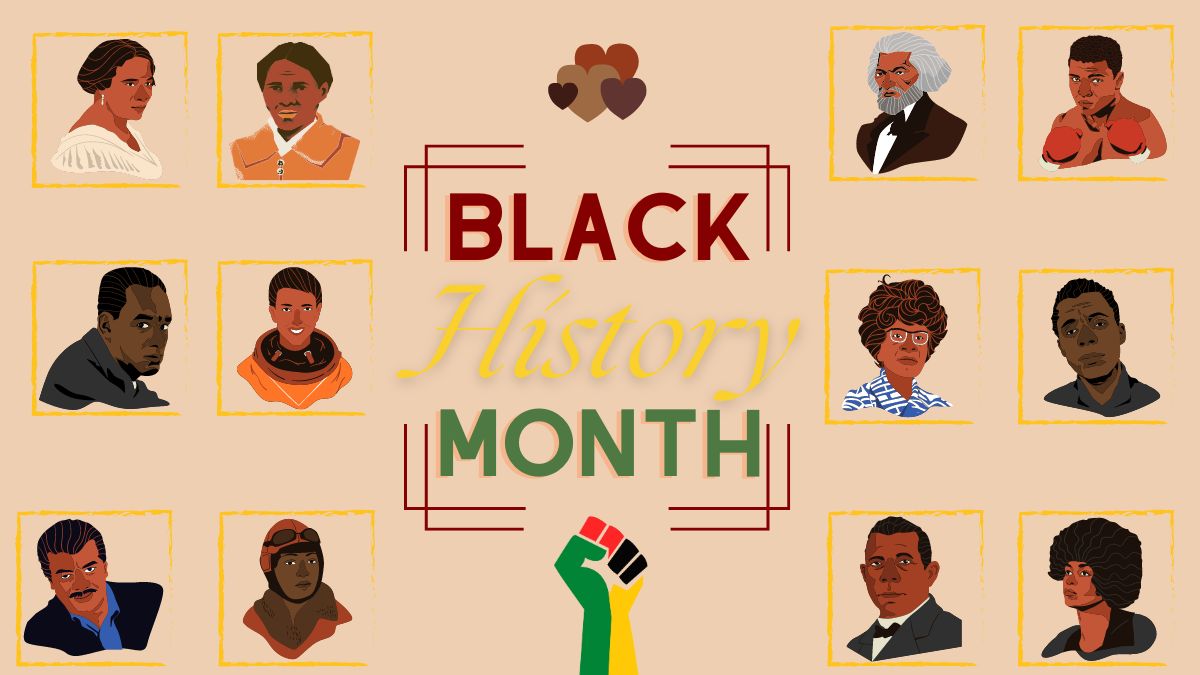News perception directs course of student action

The inundation of presidential campaigns, coronavirus fear-mongering and climate change action overwhelms the media, allowing anyone with an opinion to voice their conclusions about the crises. Despite global concerns, the imminent danger lies not in the news, but in how Generation Z perceives it.
Media literacy characterizes the ability to “access, critically evaluate and create or manipulate media”, according to Common Sense Media. This skill increases in value for the upcoming generation as digital communication and platforms continue to evolve.
The lens through which a young person evaluates mass media determines the actions they take in responding to global affairs. Perceptions prompt decision-making as citizens and how they choose to navigate the electronic world. It is imperative students prepare to be future leaders by learning how to navigate real and fake news.
For example, if a student disregards the coronavirus’s impact on the world and decides to forgo washing their hands, they make themselves vulnerable to catching the respiratory illness, or worse, giving it to someone who is vulnerable. However, if a young person takes every post concerning the virus to heart, they might never leave their house in fear.

Fake news plays into the media illiteracy problem as youth struggle to discern the difference between ads and news stories. Exaggerated headlines add to the confusion and without a standard for media veracity, students form skewed theories on local, state and global issues.
From January 2015-January 2016, the Stanford History Education Group conducted a survey of over 7,800 students across 12 states. The research revealed that 82 percent of middle school students were unable to tell the difference between an ad and news article, over 30 percent viewed fake news sites as more credible than verified sites and three-quarters of students ignored the verified checkmark placed on profiles by Facebook.
In order to tear down the misconceptions and lies that cloud Gen Z’s screens on a daily basis, media literacy must not only be encouraged but taught. Organizations like Action 4 Media Education, National Association for Media Literacy Education and Campaign for a Commercial-Free Childhood offer opportunities to donate, volunteer and become educated on the dangers of media illiteracy.
In the following tweet, Common Sense Media offers some practical ways to promote media literacy and defend against fake news.
Clickbait, hyper-partisan opinion, & completely false information are running wild across the internet. If you get your news online or from #socialmedia, it’s hard to tell what is real, what is fake, & what is just satire. Here are ways to spot #fakenews. https://t.co/rLkIZlaQRP pic.twitter.com/V4MJ8mzbLI
— Common Sense Media (@CommonSense) March 17, 2020

The importance of knowing how to interpret the media resides in an individual’s ability to educate themselves and decipher necessary actions to take. Extremist views on global concerns cause disproportionate amounts of fear and, on the other side of the spectrum, inaction and apathy.
With an ever-growing amount of information and media at the modern persons’ fingertips, it remains crucial that young people learn to comprehensively analyze and dissect media while separating truth from bias. Insomuch, choosing organizations to follow, and on the other hand, hide, from social feeds is the first step to help guide the budding student as they open their minds to the beginnings of adult education.
While publications such as The New York Times, Washington Post, and Al Jazeera are dedicated to truth-telling, they are often in-depth and geared toward a more mature and literate audience. Instead, begin by hiding meme feeds that seem educational, and instead watch real news sites that are are dedicated to the truth, yet reporting it palpably such as BuzzFeed News, NowThis News, HuffPost Teen, or Vice. In layman’s terms, it may be similar to the difference between reading the scholarly article online versus the written explanation in your textbook.
For another editorial, read EDITORIAL: Stereotyping negatively impacts communities, personal growth.
For more articles, read COLUMN: International student Luke Wu shares misconceptions about Feather adviser and Tips to stay healthy during coronavirus, flu season.







